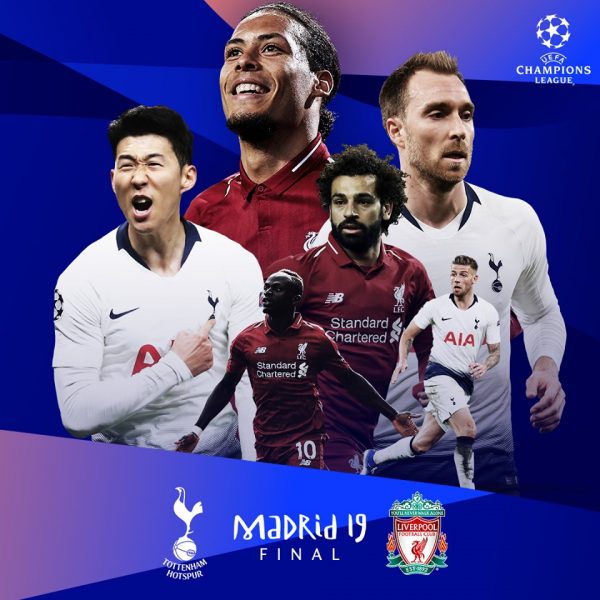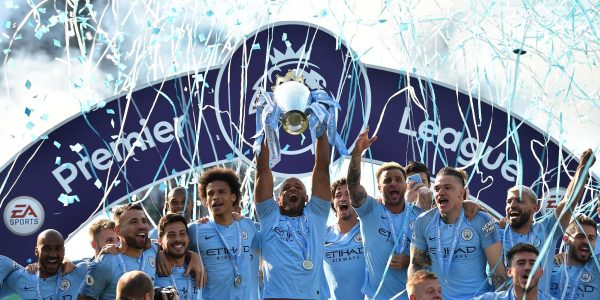While there was more to the 2018-2019 Premier League season than just the historically bountiful title race between Manchester City and Liverpool, in the years that will come it will be what we remember from a season filled with big storylines and lessons that deserve to be learned.
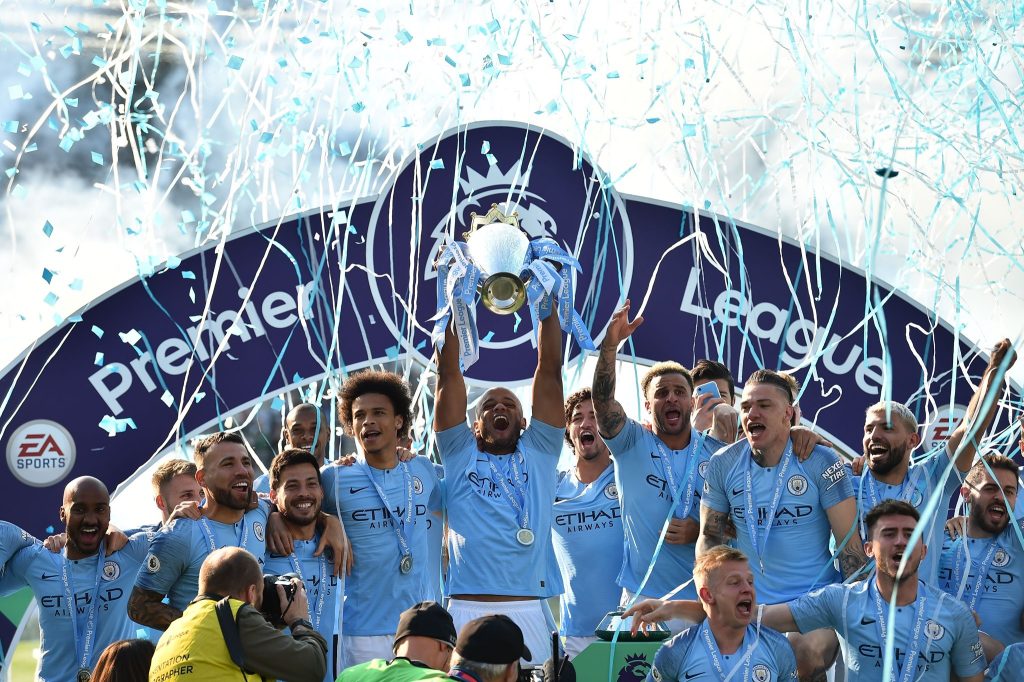
First and foremost will be the story of Manchester City, crowned as champions for the sixth time in club history, a fourth time since 2012 and a second time (repeating as champions) in the Pep Guardiola era. A club that played sensational football at times, enjoyed a touch of luck and referee mistakes like almost all great champions, and helped pull Liverpool (or perhaps be pushed by the Reds) to another magnificent point haul.
Guardiola’s players picked up 98 points, making it 198 over the last two seasons – unheard of. It meant Liverpool’s 97, enough to win the title in any other season but this and the previous one, is only good enough for the runner-up spot. Finding themselves behind by 7 points, Man City won 18 of their last 19 matches, including the last 14 in a row. The December slump that included three losses in 19 days? Forgotten.
Liverpool’s slump didn’t include so many losses, their only defeat coming in January against the defending and eventual champions, but four draws in six matches between late January and early March cost them their lead. Winning their last 9 matches, keeping the most clean sheets, losing just once all season – historic on almost every level, but not in comparison to the 2018-19 version of Manchester City.
The question on many people’s lips is: Where did Liverpool lose the title? Was it Sadio Mane’s shot that barely didn’t cross the goal line? The draw at Everton or Manchester United? The freezing match in which Liverpool failed to beat Leicester at Anfield despite holding the lead? All the answers are true. It’s not very smart to try and pinpoint a result that decided it all, because there isn’t one.
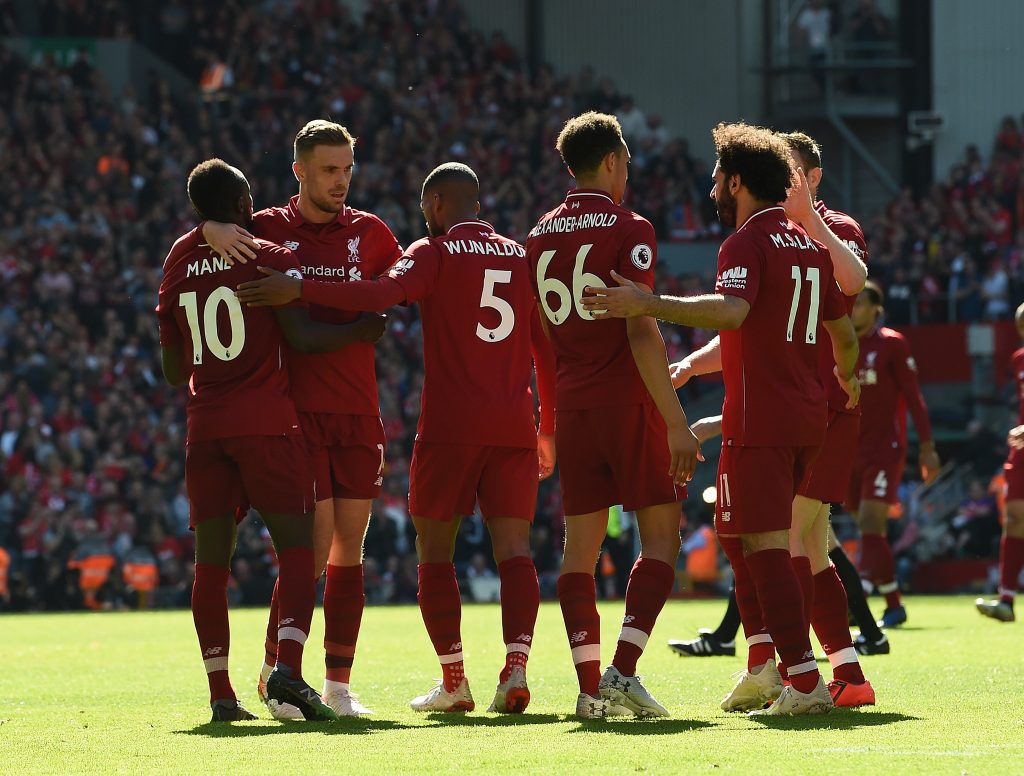
So what is it? Two theories – Liverpool lacked the mental fortitude to handle the job of being league leaders and favorites. Another is trying to see what Manchester City’s player group had that Liverpool didn’t. A certain playmaking quality in the middle of the pitch, to solve the most thick of bunkers, could be the answer. Bernardo Silva might be a pain in the a$$ to oppositions, but that’s exactly why some view him as City’s true MVP. David Silva, Kevin de Bruyne, the list goes on. Liverpool’s midfield is good, sometimes even brilliant, but it didn’t create solutions during their rough stretch that ended up costing them the league lead.
Further down the table, the team that stands out is Manchester United, not the three London clubs, all in European finals, all possibly going to the Champions League next season.
The not-too-long-ago kings of the Premiership era, the club with the most championships in English football, is lost. The highs of Ole Gunnar Solskjaer’s intermiship days are over. Depression and lack of vision ofh is permanent gig is what rules at Old Trafford these days. Jose Mourinho wasn’t the right man for the job, but not everything he has hinted at was wrong: the problems for this club begin higher up the hierarchy than the manager, and nothing seems to be changing in that aspect, perhaps giving us a clue that Solskjaer, regardless of his managerial acumen, is not going to be the man that pulls them out of their relative tailspin.
Back to the London clubs – it’s hard seeing any of the three of them actually competing for the title next season, assuming Manchester City and Liverpool are back at this level if not better. Unai Emery has done more or less as expected at the Emirates, but his squad needs more quality and depth to match the partnership of Lacazette and Aubameyang. Whether or not he’ll have enough money to accomplish that is a huge question.
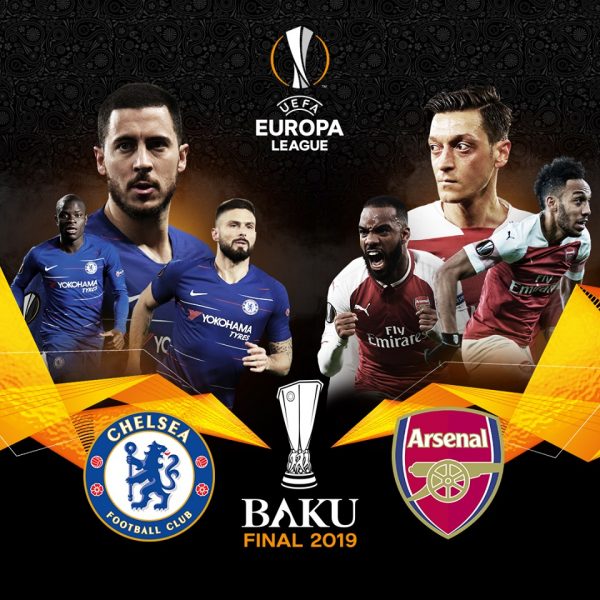
Tottenham may end up winning their biggest European match ever in a few weeks, but that does not mean new signings will come. Mauricio Pochettino keeps doing relative miracles without a transfer budget, but how long can this keep going?
Maurizio Sarri isn’t dealing with a lack of funds – he’s dealing with a transfer ban, which means that in order to further developing and implementing and teaching his system, he may have to rely on Chelsea’s massive loan army, while his best player, Eden Hazard, seems decided about his future, and that isn’t a future that involves Chelsea.
There was more to this season – the continued magic of clubs like Burnley and Brighton, saving up on money while surviving a little bit longer; the wasteful Fulham, going down after one season, just like Cardiff. The not so surprising Jorge Mendes project also known as Wolves. Watford perhaps assuming the position of “surprise of the season”. Everton underachieving and then playing well. Weird club, which like Manchester United, has to deal with a much shinier neighbour. Probably for more than just this season.
Next season? Too soon to talk about that, not when the European finals are in all-England (more like English clubs, not players or managers) mode. The Premier League, shinier than ever and perhaps better than ever, has a bit more celebrating and dominating to do before switching to 2019-2020 mode.
